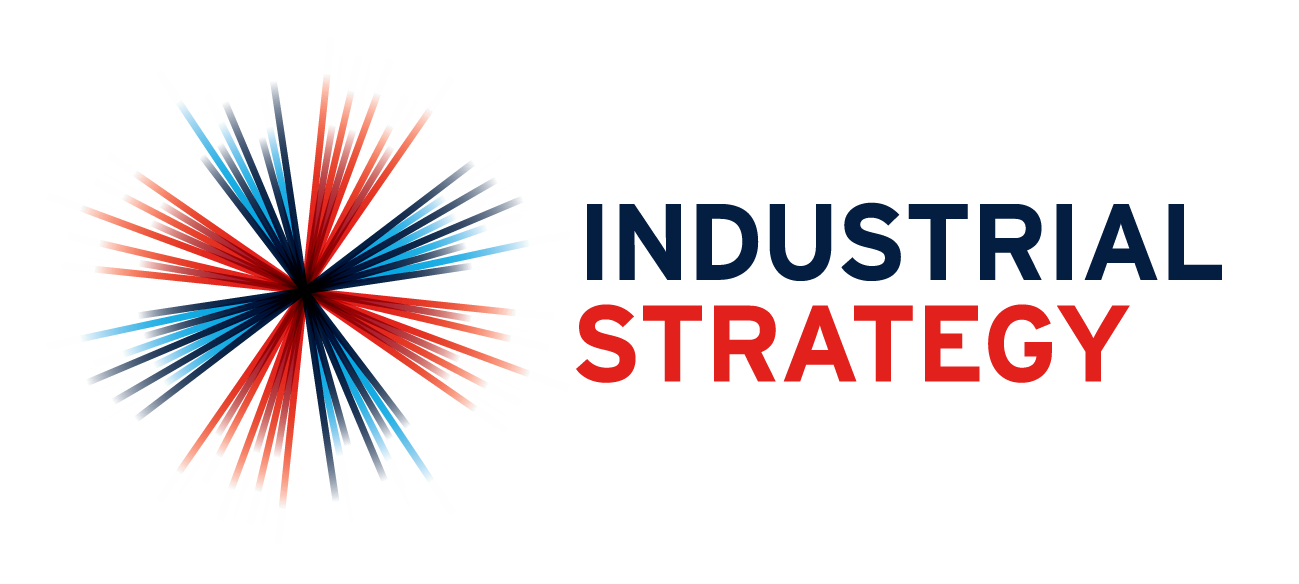
It's a year today since the Industrial Strategy white paper was published and so it is an opportune time to reflect on achievements to date and learning drawn from this crucial period.
The Strategy was launched to improve the UK’s productivity, outlined through its Grand Challenges - but what headway has been made in this first year? And what have we learned?
Throughout the Strategy, collaboration is cited as a catalyst for results. Collaborations between the public sector, private sector and universities are specifically named as the way to ‘build the UK’s competitive advantage’.
This is where the Turing comes in
Founded in 2015 as the UK’s national institute for data science, we expanded our remit, in accordance with the Strategy, to become the national research centre for artificial intelligence in November 2017, adding to our data science remit. The expansion aligns with the first Grand Challenge – AI and data.
The Turing has since grown its network of public, private and university sector partners - from 5 universities to 13 in the space of a year.
It has expanded its community of researchers to over 400; and developed its expertise in AI; to be in a unique position to facilitate cross-sector collaborations which seek to increase productivity by deploying existing and emerging AI and machine learning technologies in order to help data drive the UK’s economy.
Our recent collaboration with HSBC and the Office for National Statistics (ONS) is a strong example of the public and private sectors joining forces to increase productivity across sectors.
As a result of this collaboration, 9 projects received £750,000 funding to drive forward research in economic data science.
This is an emerging new field at the boundary of economics and data science that combines techniques from both disciplines to harness the scale and scope of economic data now available to us.
Our research is this area aims to improve understanding of how the economy works and will address crucial challenges within the economy and financial sector.
Tackling the Grand Challenges
The projects will help tackle the first Grand Challenge – which aims to put the UK at the forefront of the AI and data revolution - through training cross-discipline professionals to apply AI in their specialist areas.
The principal investigators involved are researchers based at one of the Turing’s partner universities. Their collaborators are drawn from other UK and overseas universities and research organisations and institutions.
The collaboration therefore also supports the aim for the Turing, as set out in the strategy, to ‘foster, attract and retain the best and brightest research talent’.
Those expected to benefit from the research include businesses and industry, government and policymakers.
The projects themselves are varied and novel - they include research into the effects of peer influence on social networks and its impact on users’ financial decisions; examining if positive and negative sentiment in the news influences actual economic growth; and using machine learning to understand the needs of the gig economy’s workforce.
We expect the research projects to start generating results in the next 6 to 9 months, when we look forward to sharing the impact of this innovative cross-sector collaboration.
